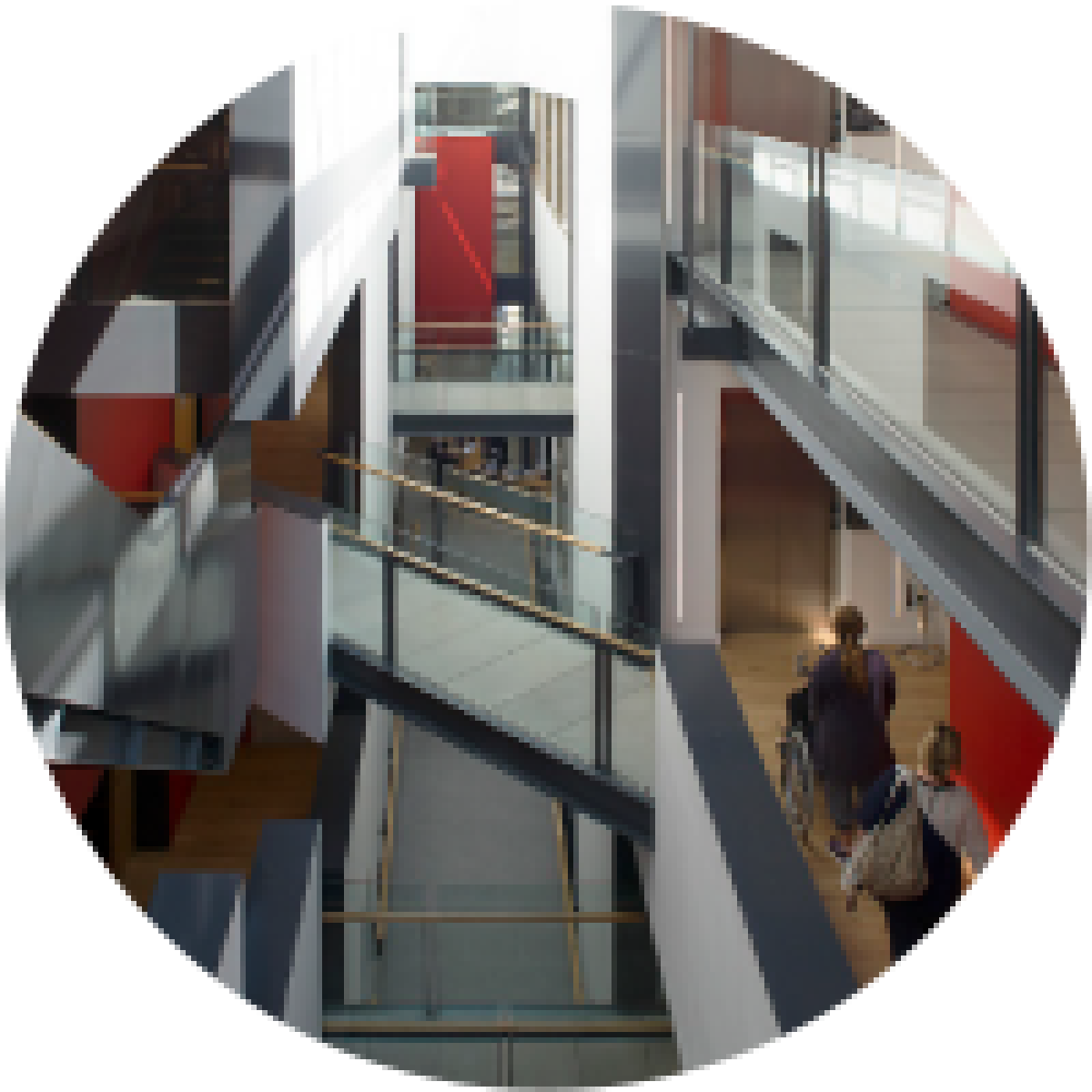
5 December 2018
Ingredients for transforming the performance of schools
Speaking at hub East Central Scotland’s unique #placesforlearning event, Professor Stephen Heppell, one of the UK’s most influential academics in the field of education and technology, outlined his thoughts on a range of ingredients for transforming the performance of schools and other learning institutions:
Around the world the pressure on schools for improved performance grows. Because children deserve the very best chance at learning, this is not unexpected.
Each school, community and their contexts are unique and will create a unique "recipe" from these "ingredients".
Taking a cue from Olympic sport, with its philosophy of seeking each and every available marginal gain, there are a number of very effective, proven, research confirmed and backed approaches, that can each make a significant difference.
Each carries its own real gains, but the sum of these parts will add up to very considerable improvement. As schools implement some or all of these components, there is a demonstrable co-dependency and consequent "multiplier" effect. In simple terms, the more the better.
Obviously other well documented ingredients contribute too: leadership, fellowship, collegiality, resources, community, stability, families, ingenuity, creativity, a grounded curriculum, teachers who like children... all contribute too. But these days they are nothing like enough.
Environmental
The temperature, CO2 levels, noise (including noise rhythms), light levels, humidity, air pressure and pollution levels (e.g. pollen) all impact significantly on student concentration, retention, alertness and more.
Engaging the learners' voice
There are now many carefully documented performance improvements from giving the learners ownership, engagement and just better input into making learning better. Crucially though, this is not about just asking for the learners' opinions, it is about engaging them habitually as researchers and valuing their research. Student voice is now integral to many approaches
Stage not Age
From Piaget to Plowden the sense that children move in stages is (rightly) never qualified by the need for those stages to be related to age, although arguably stages may be sequential. Stage not age simply allows learners to proceed a pace suited to their own progression. That is easy to say, but complex to implement initially.
Stage not age, with a careful eye to social maturity too, demonstrably combines the best progress with better engagement
Multiple points of focus
There are a lot of reasons why so many learning organisations have dropped their single-point-of-focus with its teachers’ desks and whiteboard, laying out their learning with multiple points of focus. Observed gains include an equity of learning experience, greater engagement, teachers themselves making better professional progress, better student / teacher dialogue and relationships, greater diversity of teaching and learning approaches, and much more.
Playfulness
This is much misunderstood. Play within an educational institution is not just about taking time out from learning for healthy mind development. Some nations, and many educational philosophies embrace play, rightly, as engaging, important for wellbeing and more, but play also has a more complex, and increasingly understood cognitive contribution to make.
Superclasses
Importantly, these are not the old open plan classrooms of the 70s and 80s. Superclasses house more than one class, with, as a consequence, more than one teacher. Three is typical, with up to 90 children. The teachers work as a team, but splitting tasks between them and specialising.
Project based learning
Project Based Learning can underpin the curriculum delivery at all levels. Research is broad and consistent in saying that because of the emphasis on student autonomy, collaborative learning, and with on-going assessments based on authentic performances, PBL reliably maximizes students' orientation toward learning and mastery. There are other significant cognitive gains too.
Cognitive gains
In the last decade or two we have learned so much more about how the brain works, about what assists memory, and about how to make learning more effective, and progress more impressive.
A good example of the impact of all this is the outburst of writeable surfaces now found in so many of the best schools, from state schools in the toughest areas, to Eton's recent Tony Little Centre for Innovation and Research in Learning.
Recent cognitive research speaks of the spatiotemporal scaffold in our brains that supports our autobiographical memory and it does seem that big writeable walls help locate memories in time and place more vividly that a copied version, or a worksheet might.
Toilets
If you ask practically any school learner about the school toilets they will be dismissive: "hideous", "dangerous", "scary", "filthy" and so on.
In terms of research data this translates into higher levels of absence, a sense of disaffection and of never being listened to amongst the learners and some considerable behaviour issues - bad children hang out in bad toilets.
The data is horrifying: published research by Lundblad and Hellström from Göteborg University, in the Journal of School Health found perceptions of school toilets as a cause for irregular toilet habits among schoolchildren aged 6 to 16 years. In 2005 they found that 25% (overall 16%) of older children reported NEVER using the school toilet to urinate, and 80% (overall 63%) never used it to defecate. Thus, even a slight tummy wobble becomes a day off school, rather than attend and face the toilets.
Building better toilets is very straightforward and many schools have done it. Typically, their "better" toilets have these features: door than fit with no gaps for prying eyes or cameras, a single contained cubicle (often described as airline toilets), unisex, used by staff as well as learners, multiple locations so that using the toilet is convenient rather than a major disruption, easy-to-clean, bright decor.
Probably most important of all, if you improve the toilets, with learner design input, they will know that you really are a listening organisation and will engage better. Plus, the toilets will be better too!
Stephen Heppell is Professor at Bournemouth University, Chair in New Media Environments, Emeritus Professor Anglia Ruskin University and Visiting Professor University of Wales, Newport.
